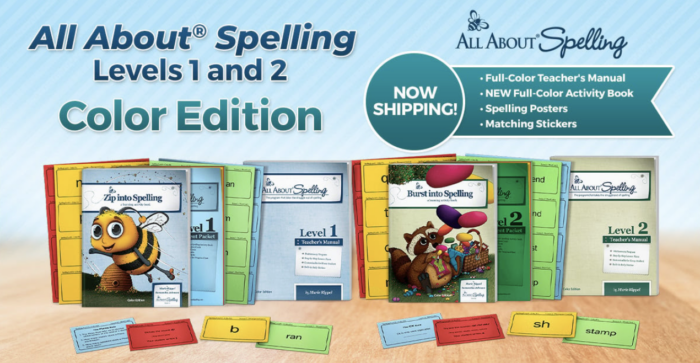Guest Post: How Writers Write by Nikolas Baron
Today I have a guest post from Nikolas Baron to share with you about writing and using Grammarly to help identify and fix all those grammar mistakes!
How Writers Write: Differences in the Writing Process
Writing is like any other creative activity: each writer has a different method. Some writers lock themselves away in a dark room with only a desk and a typewriter because they believe that’s how they do their best writing. Some take trips around the world in order to be more in touch with their setting. Some writers write on the couch while their favorite football team plays. Some writers write 1,000 words of their novel every day because they believe something is better than nothing. Even though all writers have their own method to finish their work, every one of them proofreads. Proofreading is the essential quick picker-upper of bad grammar, poor dialogue, misspelled words, and faulty plot points. Some writers rely heavily on editors to clean their work, but all writers must at least be able to proofread their work enough to get noticed. No editor will accept a sloppy manuscript, no matter how good the story is. Let’s explore how writers get their work done and what they do after the blood, sweat, and tears have fallen on paper.
As I mentioned above, every writer is different. When you start the writing process, it’s important to organize your story. However, how do we do this? Brainstorming, storyboarding, outlining, using sets of notecards, or even working on old napkins, receipts, or photographs; these are all methods I’ve heard of from writers. Personally, I’m not a huge outliner because I’m unable to think of every little piece of the story before I begin. I do much better writing and figuring the story out as I go. The opposite is true for some writers, though; outlining and organizing their story is crucial to their start-up process. They don’t feel ready to write until they’ve completely organized and detailed the entire story down to the smallest item. Every writer needs to do a little bit of organizing so he or she has a cohesive direction to go in, but creativity doesn’t always lend itself to calm; sometimes it thrives in chaos.
Are you the writer who has a deadline but waits three months in to get started? Are you the writer who has six months to write a book, finishes it in two, and spends the rest of the time cleaning it up and cutting the fat? Procrastination works for some writers. They feel as if they have this burst of creativity and they can write for hours on end. Planning and getting the work done early to sit and edit for a few months is the process for others. You have to pick the method that works best for you. Some cave under pressure while writing if they wait until the last minute. Some write their best work under the fear of a deadline. A missed deadline though is unacceptable no matter what your process is. Don’t worry if you haven’t quite figured out what type of writer you are yet. The more you write, the more you define your process. However, if you are just starting out, and even if you’re a veteran, you should never miss a deadline due to your creative process.
We have finished our novel! Hooray! Now the painful process of finding errors, deleting characters, and trimming unnecessary pieces. Proofreading can be your best friend. I wrote a short story that turned out to be 75 pages. After trimming out non-essential details, extra dialog, and a few scenes that didn’t forward the progress of the story, I ended up with 45 pages. Forty-five clean, well-edited, error-free, succinct pages. Although it was painful to cut out a lot of my hard work, I knew it was necessary. It’s sort of like weight loss for your novel; you never realize how much extra fat you’re carrying around until it’s gone. Some writers like to use their own personal editors, but if you’re just starting out, online resources can be a huge help. I like Grammarly for instance. Grammarly’s proofreading tool helps me check for errors quickly and accurately. It also identifies my most common errors and teaches me how to avoid them. Avoiding errors means less proofreading work next time. Whether you’re a planner or a waiter, an organizer or a slob, or a sit in a dark dreary room writer or sit outside on the river writer, each writer has their own process. Keep writing and no matter how unique your writing process is, you’ll create creative, catching, and champion work.
Bio:
Nikolas discovered his love for the written word in Elementary School, where he started spending his afternoons sprawled across the living room floor devouring one Marc Brown children’s novel after the other and writing short stories about daring pirate adventures. After acquiring some experience in various marketing, business development, and hiring roles at internet startups in a few different countries, he decided to reunite his professional life with his childhood passions by joining Grammarly’s marketing team in San Francisco. He has the pleasure of being tasked with talking to writers, bloggers, teachers, and others about how they use Grammarly’s online proofreading application to improve their writing. His free time is spent biking, traveling, and reading.
(Disclosure: I received a free, 30-day premium account of Grammarly in exchange for posting this article.)







